What are you listening to and WHY might anyone be interested? (Vol. XIV)
Posted by: Richard Dane on 31 December 2017
On the eve of a new year, it's time for a new thread.
Last year's thread can be found here:
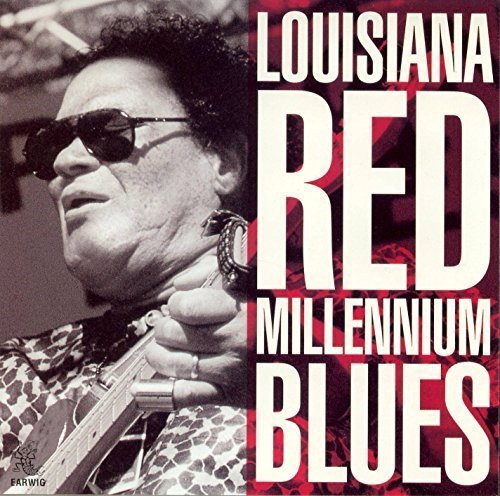
One of mty favourite Louisiana Red sets
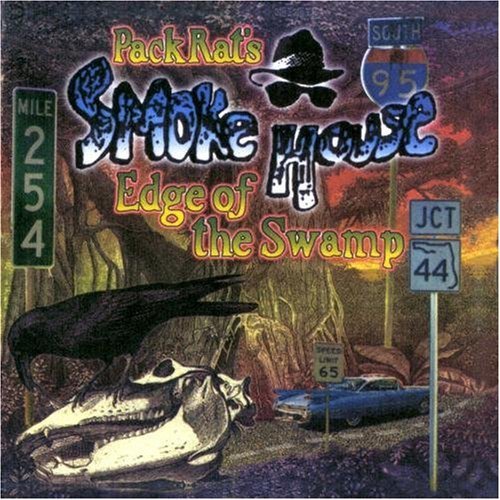
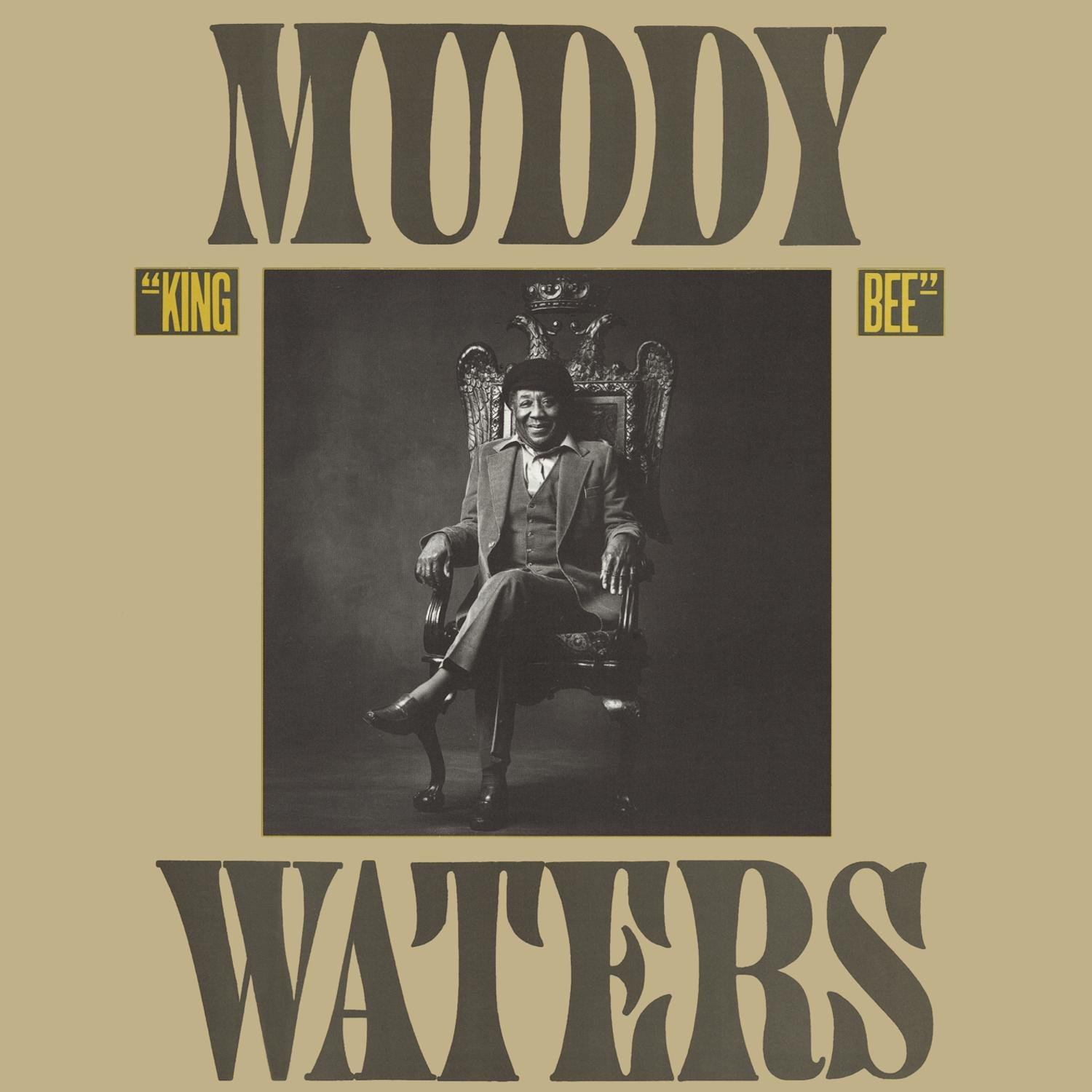
Now Playing.......

Jakob Bro - Ballardeering
Jakob Bro (guitar), Bill Frisell (guitar), Lee Konitz (alto saxophone), Ben Street (bass), Paul Motian (drums).
Streaming on NAS...... I would say it is my favorite Jakob Bro album, then I listen to another and I have some doubt. The man is really, really good!
Review by Jakob Baekgaard from the All About Jazz website here:
Throughout the process of recording Balladeering, Danish guitarist Jakob Bro was followed closely by filmmaker Sune Blicher, who documented the sessions, which took place at the famous Avatar studios in New York, capturing the poetry of the music in pregnant images. A recurrent motif in the movie is musicians engrossed in listening, and this particular framing also finds its way into the photos by Robert Lewis that grace the album, becoming a metaphor for the music itself and the spirit of creation.
More than anything, Bro could be termed "a listening musician." He creates his poetic compositions as open structures that invite interpretation. It is Bro's special gift that he is able to make music both melodically enchanting and not locked in predefined patterns.
The opener, "Weightless," is an example of how a simple melodic guitar figure is expanded and transcended into a translucent texture of sounds, with drummer Paul Motian's feathery touch working around the complex tapestry of guitar lines created by Bro and fellow guitarist Bill Frisell.
On "Evening Song," legendary saxophonist Lee Konitz joins the quartet and plays with a tone that seems to embody the beauty and pain of a lifetime, while "Terrace Place," with its mild dissonance and melancholy mood, finds the musicians speaking in a unified language where the guitarists' bended strings and loops are complemented by Konitz's circular blowing and Ben Street's elegant, almost invisible, bass patterns.
Balladeering is a true artwork, which brings out the best in the Participants; Konitz has not played better in some time. The album, however, is not about individual brilliance, but rather a proof of jazz as a listening art form that invites the unexpected and transcends egos. Such beauty is only possible if the compositions do not limit the potential of the music. Here, all possibilities are kept open and the result is a music that is infinitely rich in its democratic beauty.
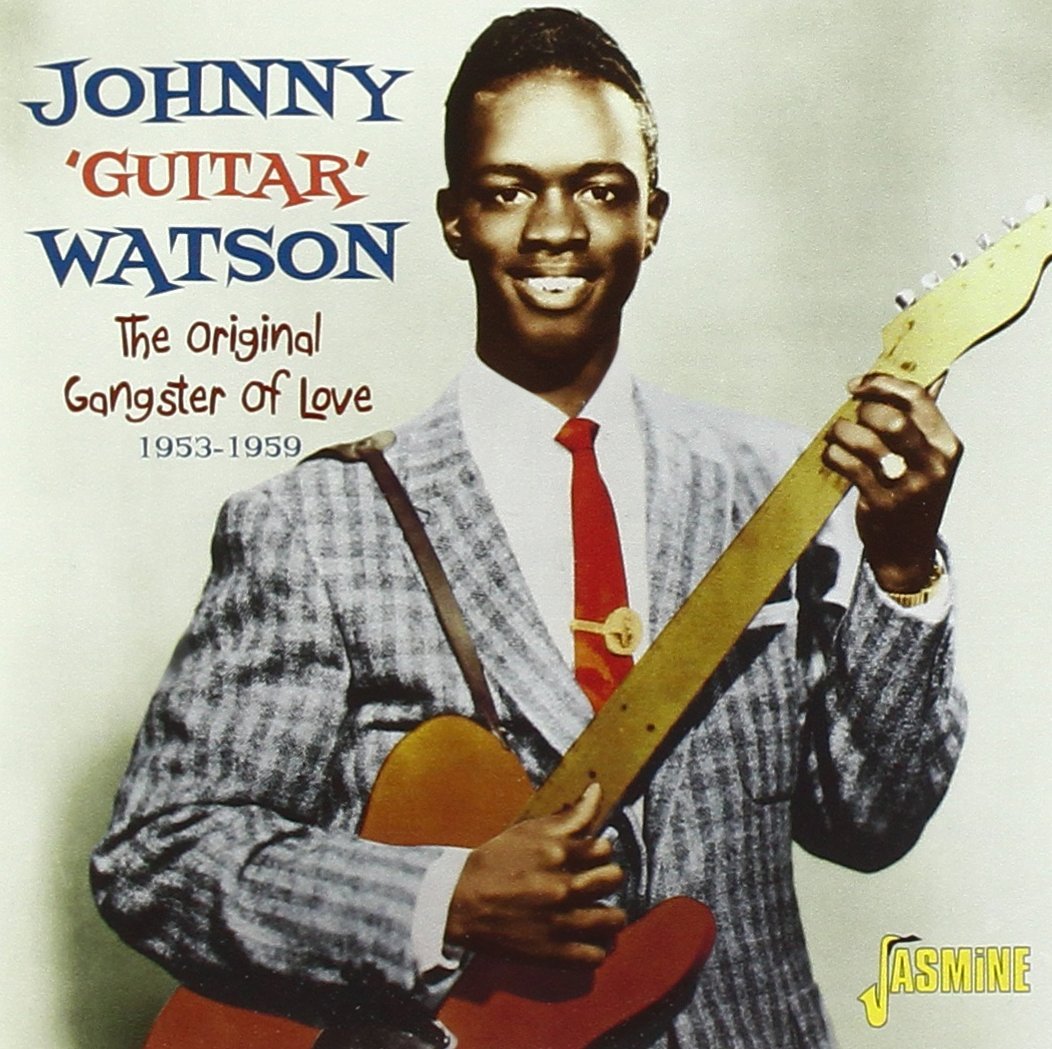
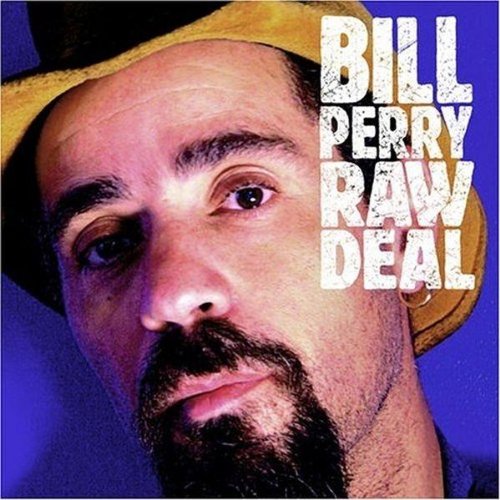
It was a Blues day in the office and at home tonight.

Never thought I'd like Bluegrass until I heard Alison Krauss
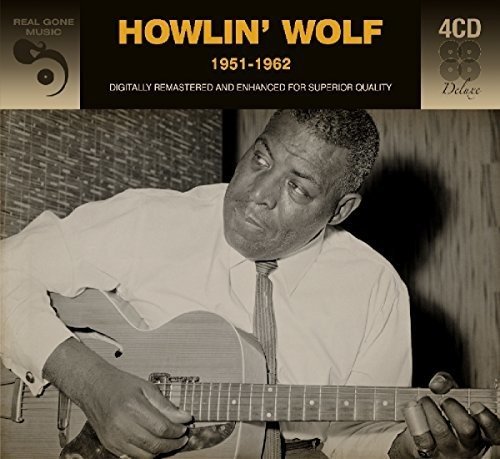
Howlin' Wolf - 1951 - 1962.
Another great remastered box set from the folks at Real Gone Music ............. cheap as chips, and the remastering really does work. ![]()
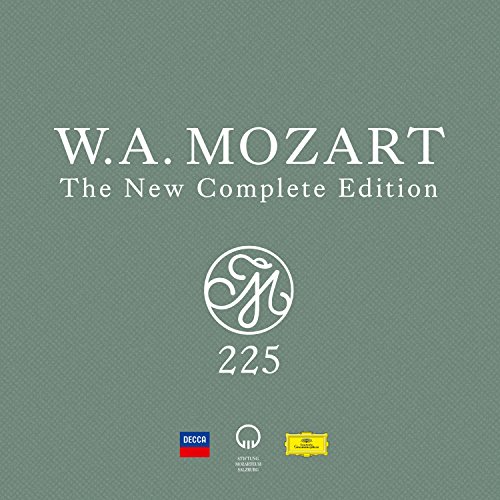
CD 11. W. A. Mozart - Violin and Violin/Harpsichord/Cello Sonatas (K 6-12) (Composed when he was 7-8) - B. Verlet (Harpsichord), G. Poulet (Violin)
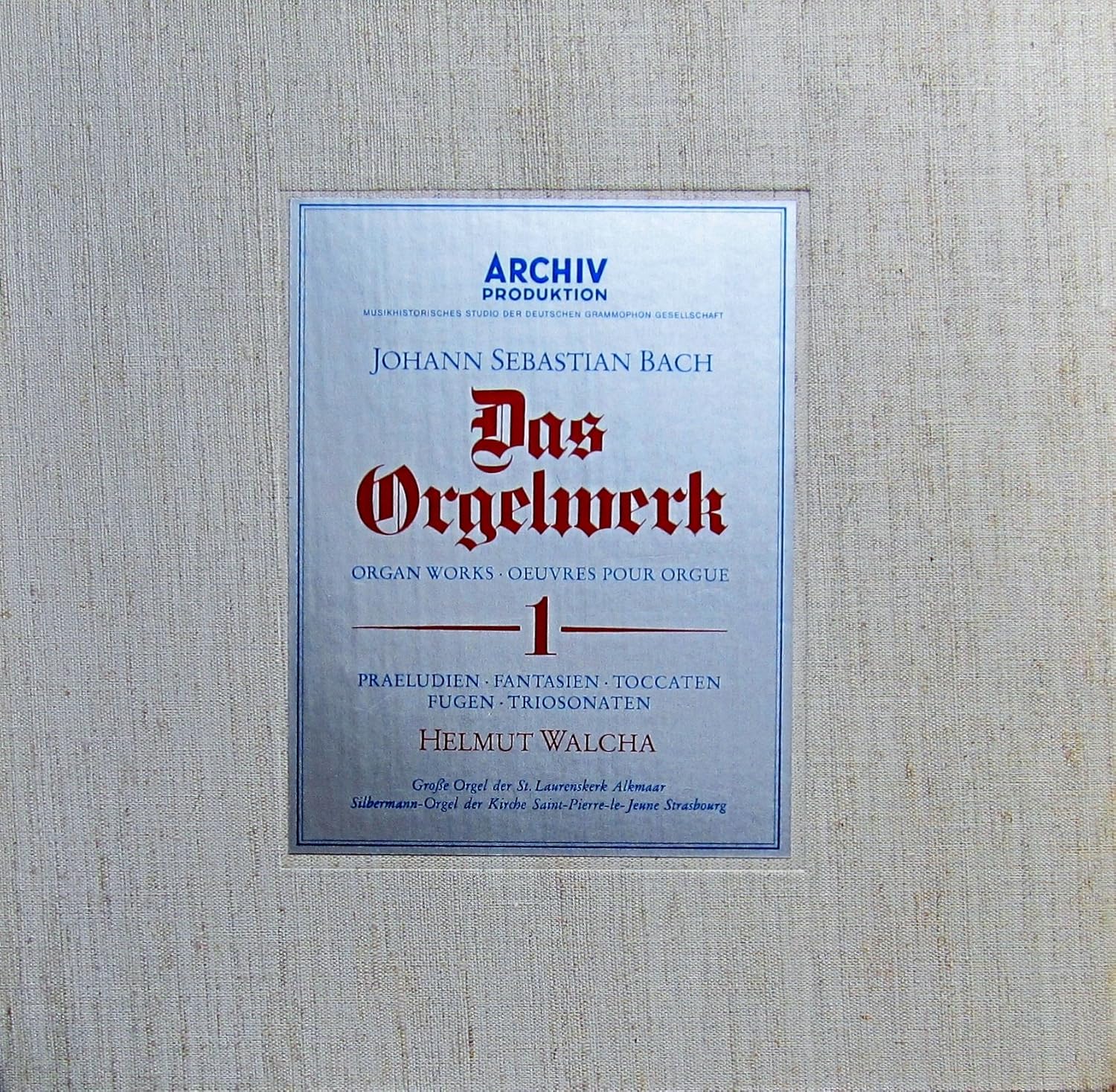
8 x LP - Archiv Produktion : )
Starting off with disc one side one Toccaten und Fugen - recordings from 1956 and 1962
I was going to play Das Orgelwerk 2 boxset but noticed it still awaits a good RCM cleaning and new poly-paper resleeve, which is on my things to do on a rainy day list : )
Boy do I love this soundtrack.....

This was a tremendous series too, such a shame it seems to have been wrapped up prematurely in season 3.
Just Finishing....

Marcus Miller - Silver Rain
Streaming on TIDAL...... Going with the mention from NIGELB above..... Marcus is sounding mighty fine!
Alley Cat posted:Boy do I love this soundtrack.....
This was a tremendous series too, such a shame it seems to have been wrapped up prematurely in season 3.
Not a huge soundtrack fan, but I place the Penny Dreadful score on a par with my other instrumental favourite:

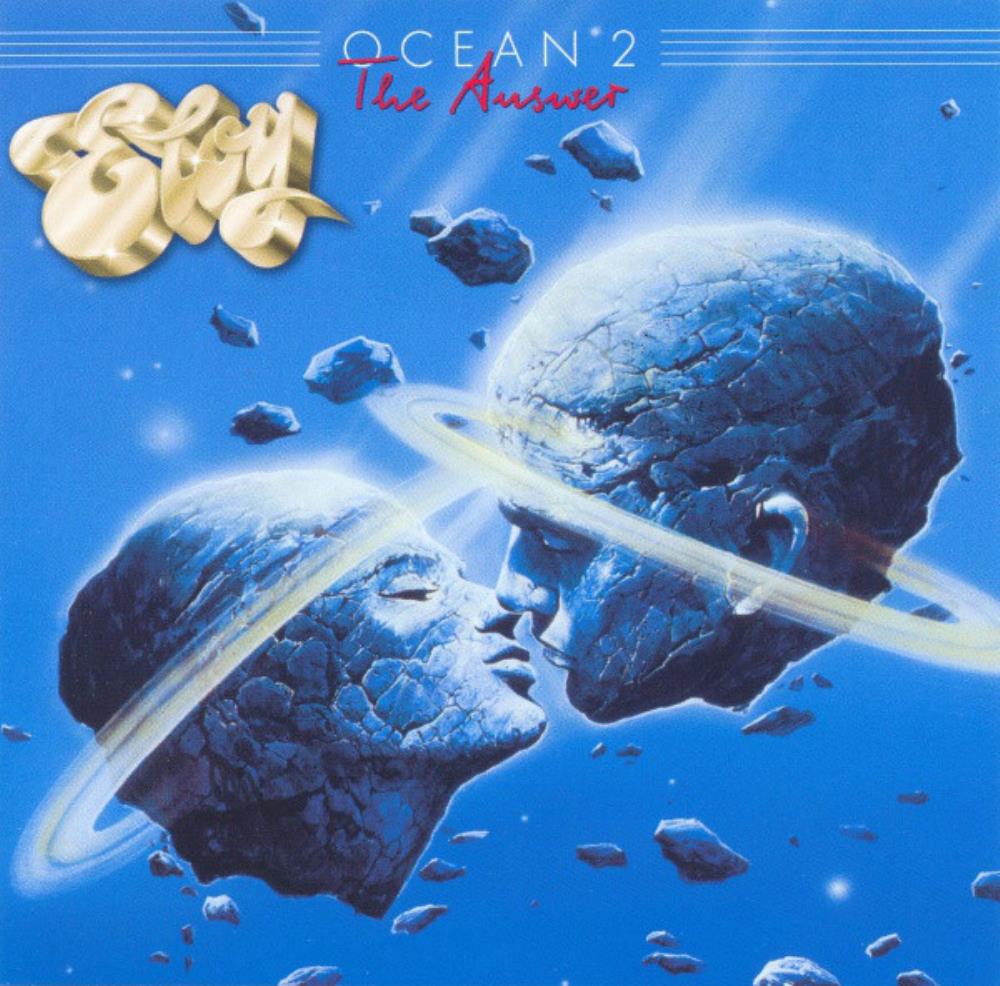
wonderful over the top prog epic
Steve

Massive Attack v Mad Professor.
Winding down for the evening with the Mad Professor's complete re-working of Massive Attack's "Protection" album.
From a review on The River ........... "Buy it if you want to hear a totally different dub-heavy take on a classic album".
Never fails to transport me into a bedtime frame of mind, so, nighty night. ![]()
Now Playing.......

Miles Davis - Kind of Blue
Streaming on NAS........ Miles Davis, taking the Blues away......
Carly Simon - No Secrets a very confident debut album
Alan
ALANP posted:Carly Simon - No Secrets a very confident debut album
Alan
One of my favourites
Now Playing.......
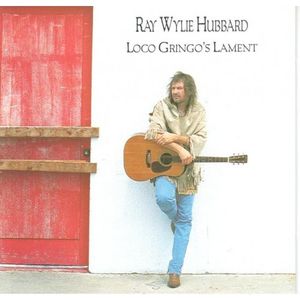
Ray Wylie Hubbard - Loco Gringo's Lament
Streaming on NAS........ A little Ray Wylie to brighten up the day!
Now Playing.......

R. E. M. Out of Time
Streaming on NAS........ Breaking out a couple of albums from the 90's. This album being 26+ years old is still sounding mighty sweet!
Pink Floyd-Animals
while rocking my 10 month old. Works every time. To be fair I've nodded off to a few PF records in my day too. Lol
Now Playing.......

Jan Garbarek - Officium
Jan Garbarek (soprano saxophone, tenor saxophone), The Hilliard Ensemble: David James (countertenor), Rogers Covey-Crump (tenor), John Potter (tenor), and Gordon Jones (baritone).
Streaming on NAS...... A favorite of my wife (who is making some chili) & mine, totally relaxing & beautiful!
From the ECM Reviews Website here:
1994 was an intriguing year in music. Jeff Buckley had begun his tragically halted rise to fame with the debut studio album Grace; Portishead brought trip-hop to the mainstream with Dummy; Kurt Cobain shocked many of my generation with his suicide; Pierre Boulez won the Grammy for Best Classical Album with his Deutsche Grammophon recording of Bartók’s The Wooden Prince; and the wildly popular Chant by the Benedictine monks of Silos had taken the North American market by storm. And then there was Officium, a humble recording with the distinction of being the only ECM album I have ever seen advertised on television. I don’t think anyone knew what to expect of its unique combination of soprano and tenor saxophones and choral skimmings from the 12th, 15th, and 16th centuries, but I can still remember the splash it created, selling the better part of a million copies. I made sure to buy mine on the day of its release, simply because of its label and its musicians, and continue to be mesmerized by its sounds to this day. With so many ECM recordings floating through my CD player, it had actually been years since I’d heard this album before revisiting it for this review. I’m pleased to say that, despite the unwarranted flak it has drawn (which, as much as I can tell, is far less than the praise), Officium has aged beautifully and remains a pinnacle of nostalgia in my life as a listener, for it provided some of the most delectable nourishment imaginable at a time when my budding mind was ravenously hungry for new sounds.
At its core is the Hilliard Ensemble’s choice of music, much of it open to interpretation even in its day, by composers such as Pérotin, Pierre de la Rue, and Guillaume Dufay, in addition to a range of earlier anonymous (much of it Czech) material. The opening track, combining Garbarek’s liquid improvisations with the Parce Mihi Domine of Cristóbal de Morales, will always be the one that speaks to me most clearly, if only because it was first to lure my heart into the album’s many inner sanctums. I would say that any claims of disjointedness are quickly dispelled by the anonymous Primo tempore that follows, in which Garbarek’s tenor swells with the mournful quality of an additional human voice. Some tracks are more seamless than others, which is to be expected in the first release of this innovative and ongoing project. Regnantem sempiterna, for example, gives Garbarek less room to work with, forcing him to wriggle his way through a narrower set of possibilities. But then there is the Pulcherrima rosa, during which I sometimes need to remind myself he is even there. There are also those fascinating moments, especially in the Sanctus, when Garbarek descends into unexpected territories, as well as his seductive solo turn in Virgo flagellatur. Either way, Garbarek has an acute ear for vocal contours and matches his playing accordingly. The Hilliards are in typically fine form. Procedentem sponsum and Beata visceraboth feature sublime solos from David James, who navigates the droning landscape with utter faith, and Gordon Jones’s* lone rendition of the Gregorian chant Oratio Ieremiaeprovides some of the loveliest moments on the entire album. Parce mihi domine is reprised at the program’s center (without saxophone) and again at the end (this time, with), thus enacting a tripartite ritual throughout its overall cohesion.
I like to think that Officium led listeners to look at some of ECM’s other fine recordings, if not at other choral albums in general, both new and old. Regardless of any dismissals of this album as a failed New-Age experiment, I like to think of it as a glorious window into a timely solace that enriched the lives of many. Like any album, it may not be for everyone, but one need only take a peek to see what effect(s) it might have.
Now Playing......

Jan Garbarek - Officium Novum
Jan Garbarek (soprano saxophone, tenor saxophone), The Hilliard Ensemble: David James (countertenor), Rogers Covey-Crump (tenor),Steven Harrold (tenor), Gordon Jones (baritone), and Bruno Ganz (speaker).
Streaming on NAS...... Continuing on with Jon and The Hilliard Ensemble
Note from the ECM Records website here:
The inspired bringing together of Jan Garbarek and the Hilliard Ensemble has resulted in consistently inventive music making since 1993. The unprecedented “Officium” album, with Garbarek’s saxophone as a free-ranging ‘fifth voice’ with the Ensemble, gave the first indications of the musical scope and emotional power of this combination. “Mnemosyne” (1998) took the story further, expanding the repertoire beyond ‘early music’ to embrace works both ancient and modern. Now, after another decade of shared experiences, comes “Officium Novum”, the third album from Garbarek/Hilliard, recorded, like its distinguished predecessors, in the St Gerold monastery. A central focus this time is music of Armenia based on the adaptations of Komitas Vardapet, pieces which draw upon both medieval sacred music and the bardic tradition of the Caucasus. The Hilliards have studied these pieces in the course of their visits to Armenia, and the modes of the music encourage some of Garbarek’s most impassioned playing. Alongside the Armenian pieces in the “Officium Novum” repertoire: Arvo Pärt’s “Most Holy Mother of God” in an a cappella reading , Byzantine chant, two pieces by Jan Garbarek, including a new version of “We are the stars”, as well as the Spanish “Tres morillas”. There is also a new account of Perotin’s “Alleluia, Nativitas”: the freedom of interpretation is testimony to the way the project as a whole has grown since its introduction on ECM New Series, with the Hilliard Ensemble now very much involved in the music’s improvisational processes and implications.
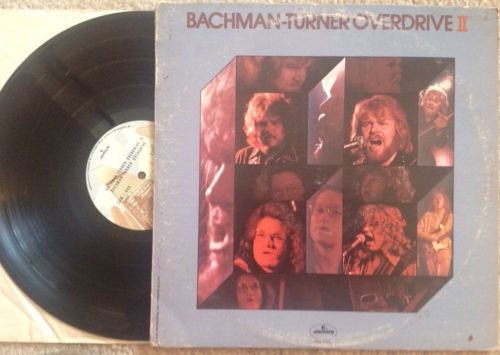
BTO II. On original vinyl from 1973. I ended my listening session last night with BTO's first album. Picking it up tonight with their second LP.

